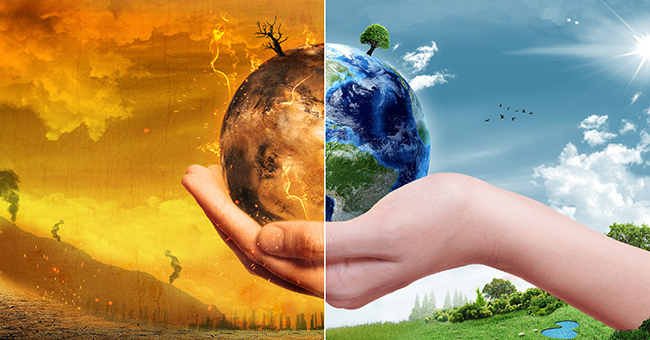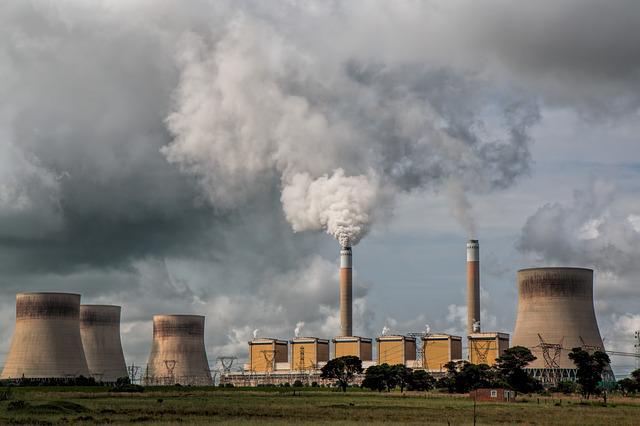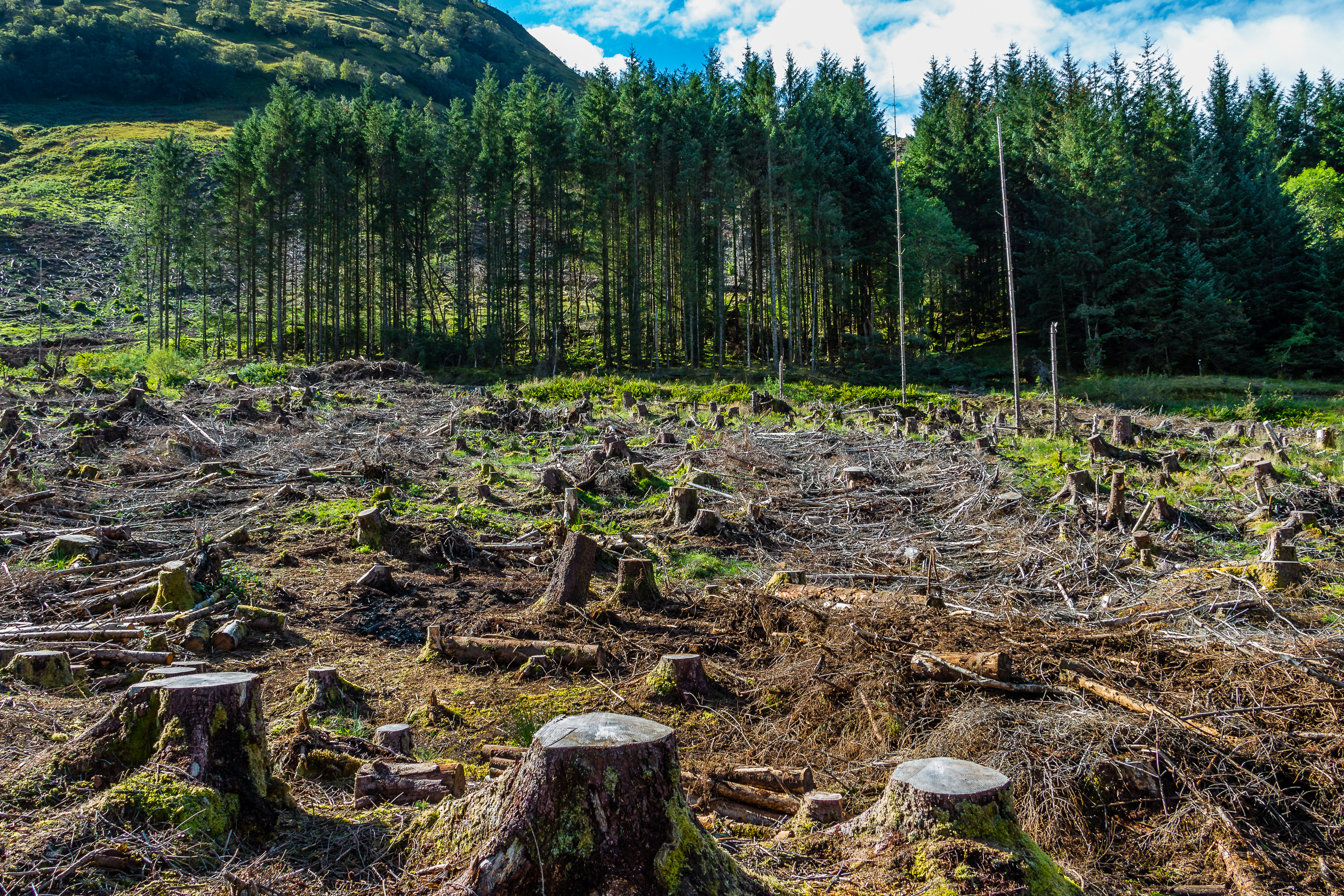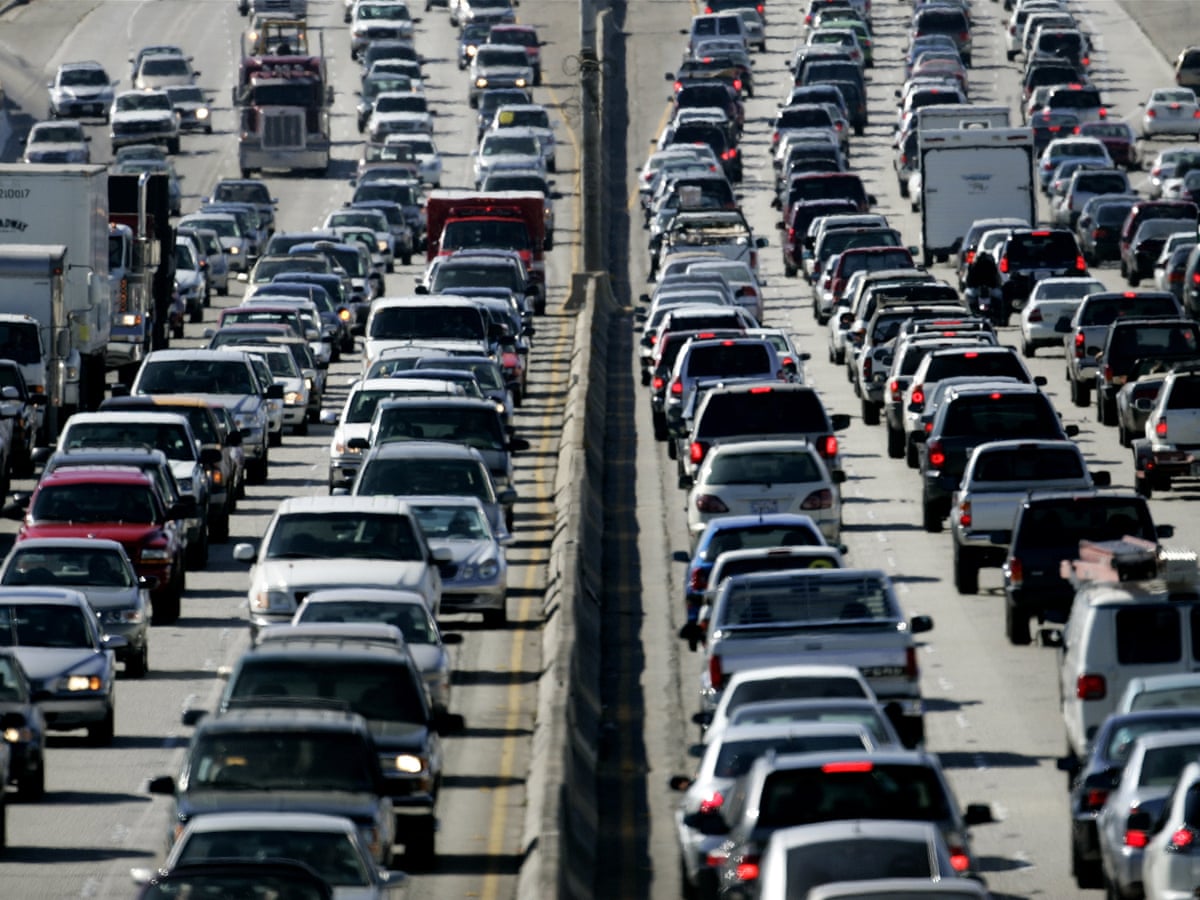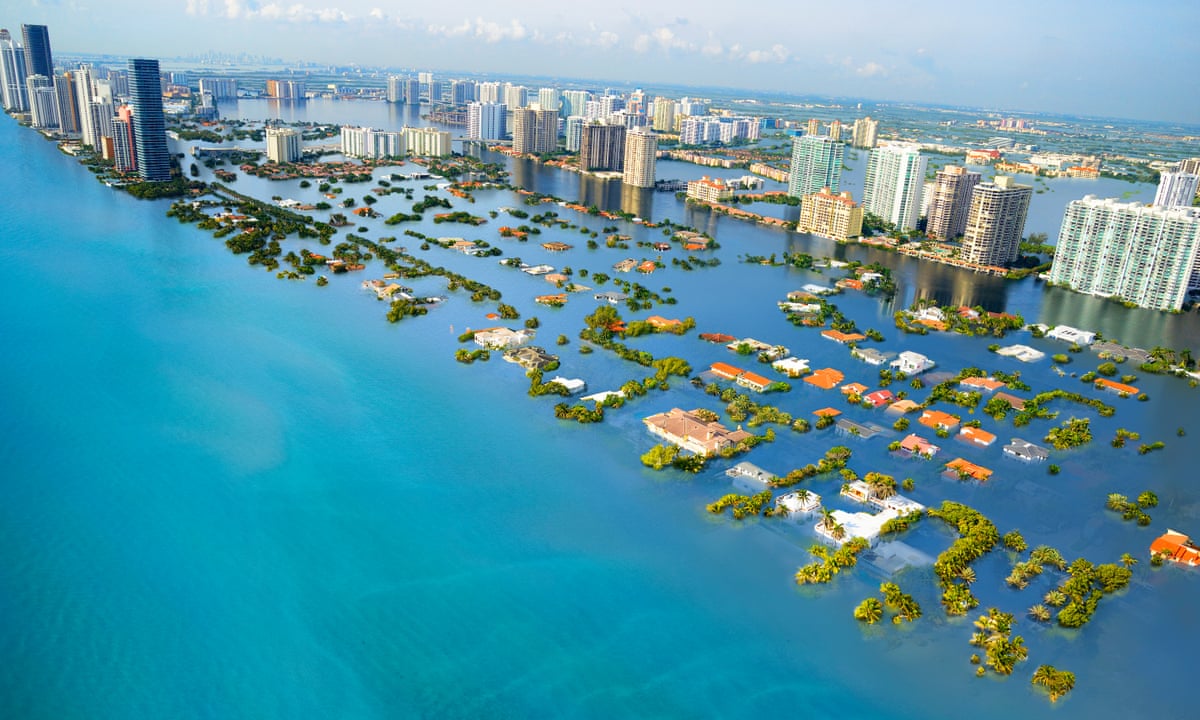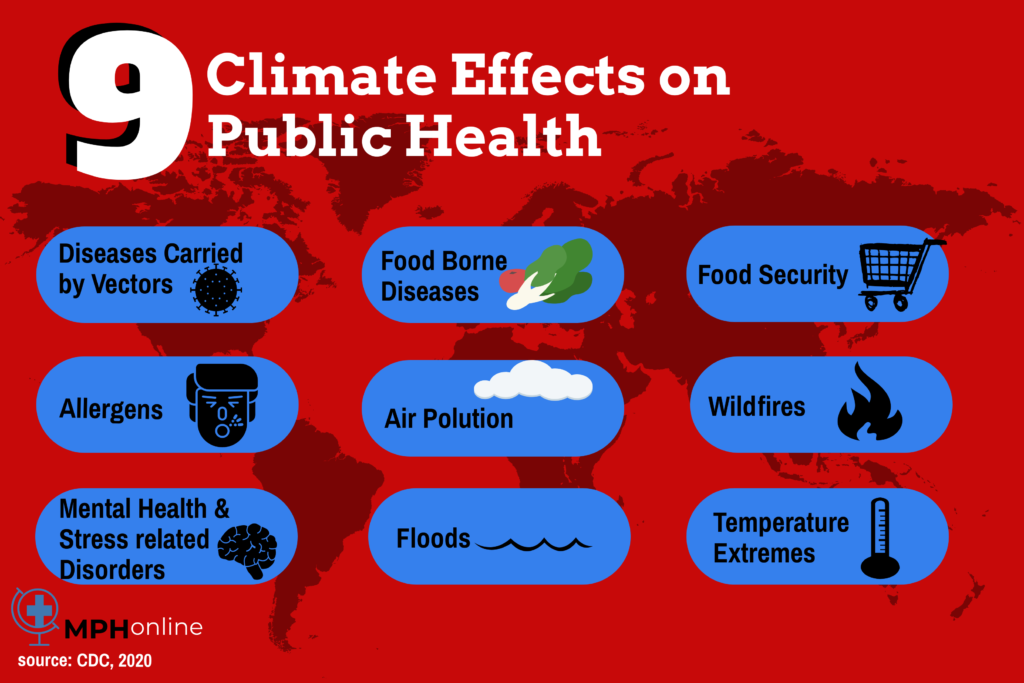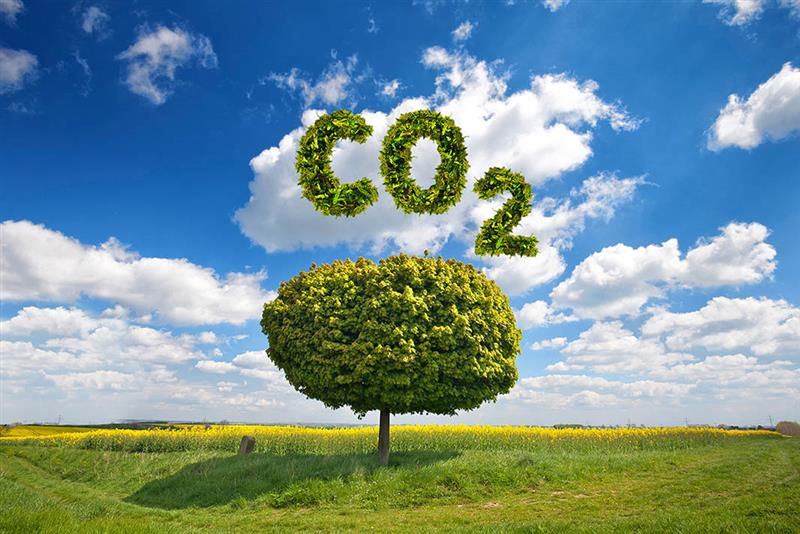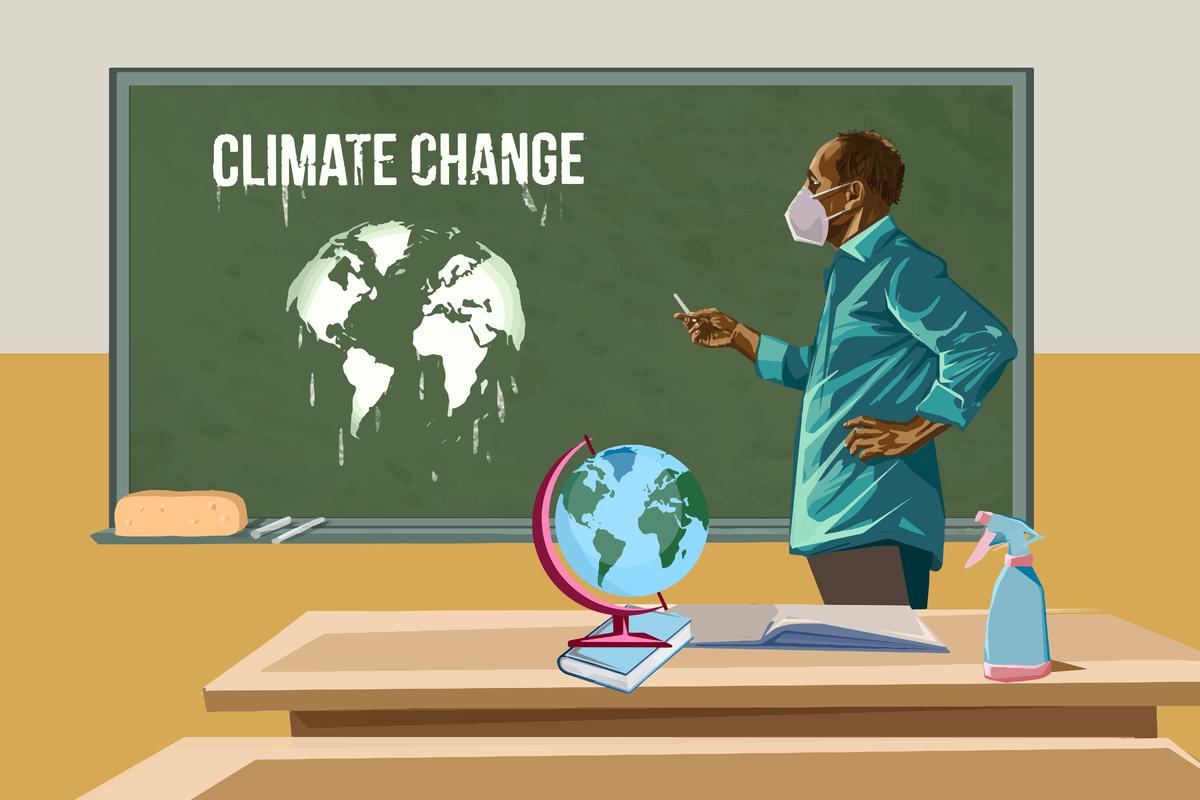Climate change is a
global problem that is affecting the world at an alarming rate. Climate change
refers to the long-term shift in global weather patterns and temperature caused
by the increase of greenhouse gases in the Earth's atmosphere. This blog will
explore the reasons and effects of Climate change in our world. We will also
explore what we can do to address this issue.
Causes of Climate Change
:
Greenhouse Gases: The primary cause of climate
change is the increase in the concentration of greenhouse gases in the
atmosphere. These gases include carbon dioxide, methane, and nitrous
oxide. Greenhouse gases trap heat from the sun in the Earth's atmosphere,
causing the Earth's temperature to rise.
Burning fossil fuels: Burning fossil fuels
such as coal, oil, and natural gas releases carbon dioxide into the
atmosphere. In the combustion process of fossil fuels, carbon dioxide is
released into the atmosphere and acts as a greenhouse gas, trapping heat
from the sun in the Earth's atmosphere. This process leads to an increase
in the Earth's temperature, causing a long-term shift in global weather
patterns and temperature.
Deforestation: Deforestation refers to
clearing a larger area of forest or cutting down trees, usually for commercial
purposes such as forestry, agriculture or mining. This practice has a
significant impact on the environment, particularly on climate change.
Forests serve as vital carbon sinks, absorbing carbon dioxide from the
atmosphere and storing it in trees and soil. When forests are destroyed,
this stored carbon is released into the atmosphere, increasing greenhouse
gas emissions and contributing to global warming.
Agricultural Practices: Agricultural practices
such as livestock farming and fertilizers release methane and nitrous
oxide, accounting for a significant portion of global greenhouse gases.
Industrial Processes: Industrial processes
such as cement production and chemical manufacturing also release
greenhouse gases into the atmosphere. It contributes to global warming,
resulting in rising sea levels, extreme weather events, and loss of
biodiversity.
Transportation: Cars, trucks, and planes
release carbon dioxide and other greenhouse gases into the atmosphere,
contributing to climate change.
Effects of Climate
Change:
Rising Sea Levels: The impacts of rising sea
levels are numerous and severe. They include increased flooding, more
frequent and intense storms, erosion of coastlines, saltwater intrusion
into freshwater supplies, and displacement of people and wildlife. As sea
levels continuously rise, these impacts will only become more severe,
leading to even more devastating consequences.
Extreme Weather Events: Climate change can
lead to more frequent and severe extreme weather events, such as hurricanes,
floods, droughts, and heat waves, which can cause significant damage to
infrastructure and homes, and threaten human lives.
Biodiversity Loss: Climate change can cause
changes in the timing of seasons, alter ecosystems, and threaten the
survival of many species of plants and animals, leading to a loss of
biodiversity.
Public Health Impacts: Climate change can lead
to an increase in air pollution, heat stress, and the spread of disease,
which can have significant impacts on public health.
What Can We Do?
Reduce Greenhouse Gas Emissions: We can reduce greenhouse gas emissions by using renewable energy sources such as solar and wind power, improving energy efficiency, and reducing our reliance on fossil fuels.
Protect Forests: Protecting forests and reforestation can help to absorb carbon dioxide from the atmosphere, mitigating the effects of climate change.
Sustainable Agriculture: We can reduce greenhouse gas emissions from agriculture by reducing meat consumption, adopting sustainable farming practices, and using fertilizers and pesticides more efficient.
Sustainable Transportation: By using public transportation, cycling, and walking, greenhouse gas emissions can be reduced.
Education and Awareness: Education and awareness-raising campaigns can help to increase public awareness of the impacts of climate change and the actions we can take to address it.
International Cooperation: International cooperation is essential to address climate change. Countries need to work together to develop and implement policies and strategies to reduce greenhouse gas emissions and mitigate the impacts of climate change.
In conclusion,
climate change is a complex and pressing issue that requires urgent action. To
ensure a sustainable future for ourselves and future generations, we must
understand the causes and effects of climate change and take steps to reduce
greenhouse gas emissions and mitigate its effects. We all must do our part to
address climate change and work together to protect our planet.
